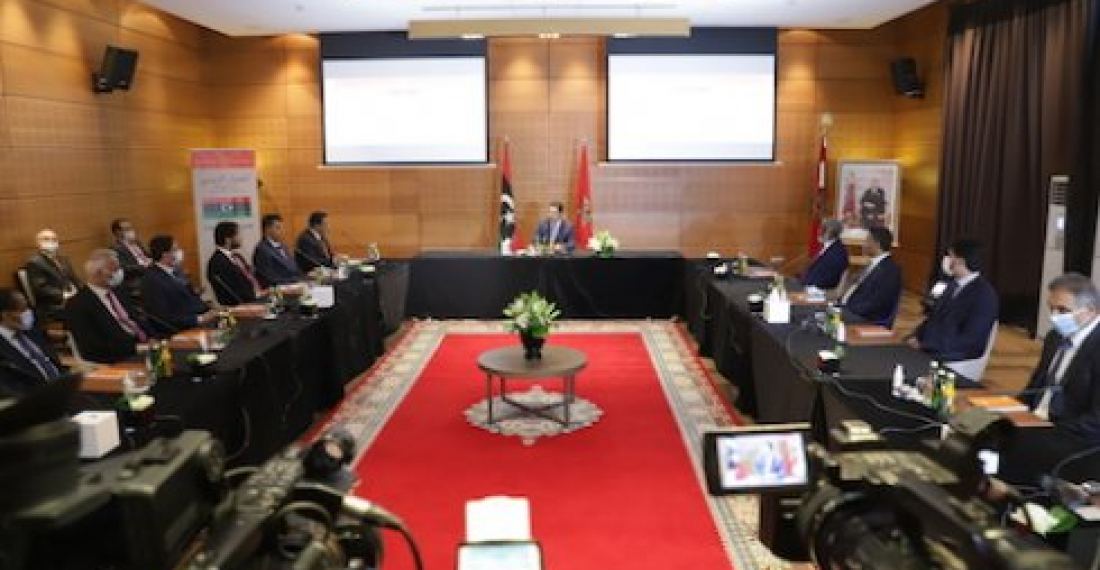Over the last few days Morocco has hosted talks between rival Libyan factions in an effort to build confidence between waring sides in the North African country, ahead of more formal negotiations expected to be held in Geneva later this month.
Representatives of the Tripoli based Surpreme Council of State, and the Benghazi based Parliament gathered over the past two days, in one of the most luxurious resorts of Bouznika, in Morocco where it is reported that there has been an atmosphere of optimism and convergence between the two sides of the Libyan crisis. The talks were expected to end on Monday (7 September) but Moroccan diplomats succeeded in extending the duration of talks.
Although no binding commitment is expected, the talks aim to bring political visions of rival parties closer before launching wider talks on the political future of Libya. Formal talks are expected to be held in Geneva later this month.
In a report carried by the Arabic language website Haspress, monitored by commonspace.eu, it was stated Morrocco's position of strictly not interefering in the internal affairs of Libya had enabled the Moroccan side to create tbe right conditions in Bouznika for the two sides to meet. What the website called, the Bouznika negotiations, enabled the sides to discuss political and institutional divisions in Libya ahead of the key Geneva talks later this month.
source: commonspace.eu with Haspress (Rabat)
photo: Bouznika Dialogue (picture courtesy of Hespress (Rabat)







